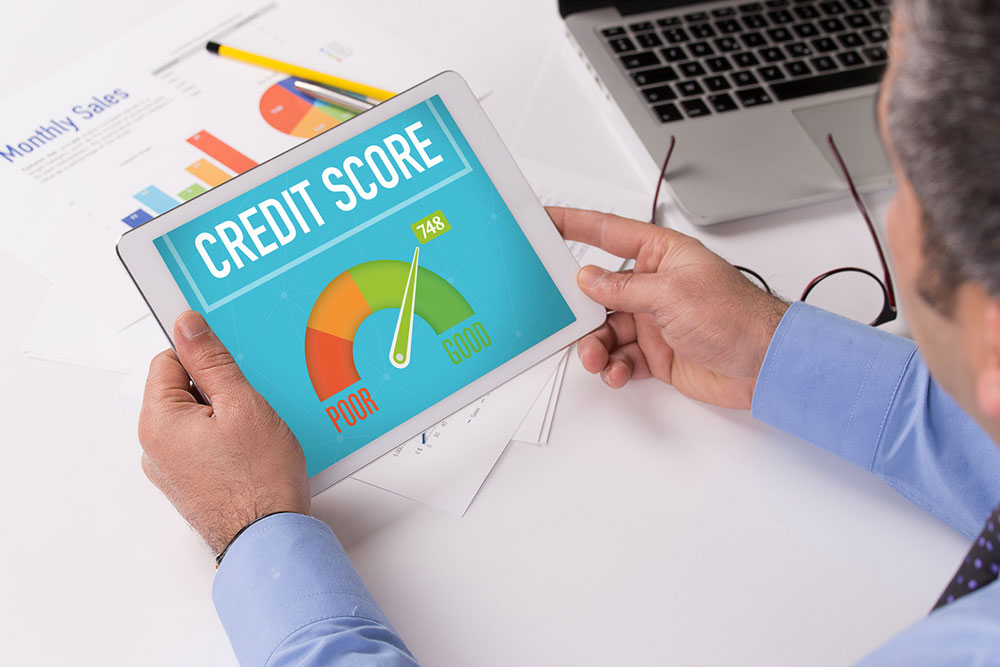
How to Improve a Bad Credit Score
A credit score is a number score ranging from 300-850. This number is based on an analysis of an individual’s credit files. Credit files provide a financial history that shows how promptly you pay bills and the amount of debt that you owe. Credit bureaus calculate your personal credit score using a formula called a credit utilization rate, by adding all of your credit balances and dividing that amount by your total credit limit and payment history.
There are three credit bureaus, Experian, Equifax, and TransUnion. These provide lenders doing a credit check with information pertaining to a person’s creditworthiness. You can obtain a free credit report once yearly from each of these credit agencies. If you find your credit score is low, here are some steps you can take to improve it:
1. The magic number is 30%
The lower the balances on your credit cards and other forms of credit, the higher your credit score. Ideally, the total credit used should be 30% or lower. Payment history and credit utilization ratios represent up to 70% of your credit score.
2. Repairing credit
First of all, check your credit report for your credit score and accuracy. Dispute any incorrect information that will give you a bad credit score.
3. Multiple payments
Making two payments within the same month will boost your credit score. You don’t need to pay the same amount for this to be an effective credit builder.
4. Pay down existing credit
Reducing your debt is another effective tool for increasing your credit score.
5. Diversify credit
Having a mix of different types of credit, such as a mortgage a student loan or a car loan, for example, also is a positive credit builder. Keep in mind that establishing a credit score if you don’t have a history of using credit (or if you have very limited information in your credit files is difficult). A lender may be unable to calculate a credit score because of the limited credit history.
6. Contact lenders and schedule payments
Also, if you’re behind in any payments to your lenders, bringing them up to date as soon as you can.
7. Secured credit cards
There are options available for enhancing your credit file, such as applying for a secured credit card. As the card is secured with a cash deposit there is no risk to the lender. Charging limits are established by the amount that has been deposited. If payments are not made the lender takes the money from the deposited account. If you don’t pay the bill, the money is taken from the deposit. The security deposit for the credit card is refundable when you pay the balance in full.



